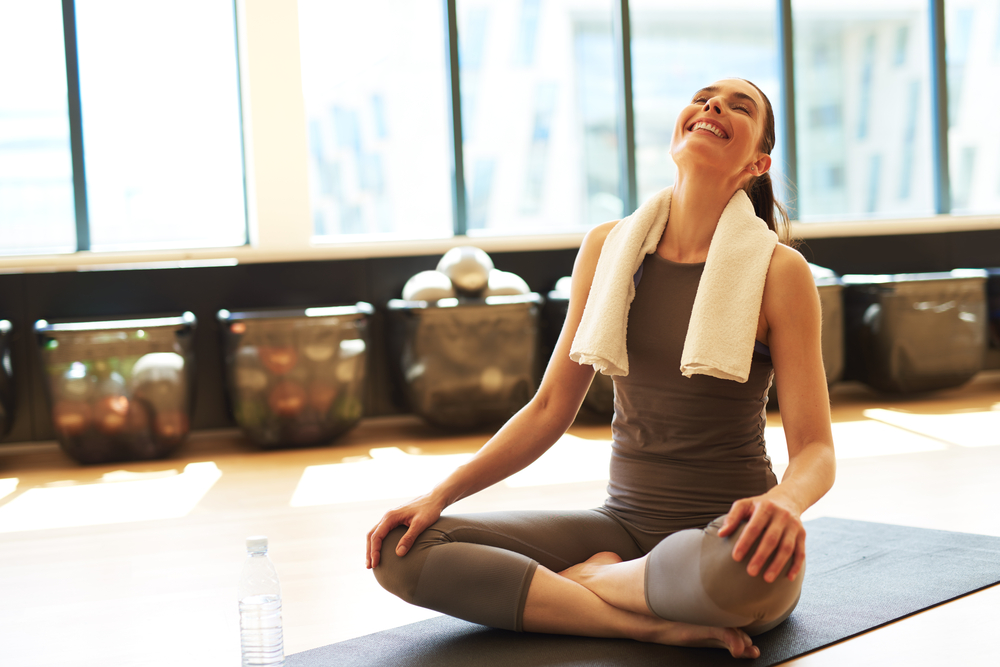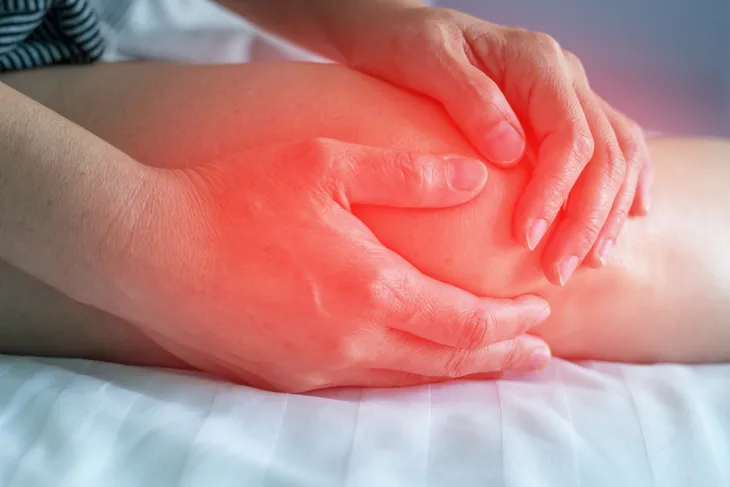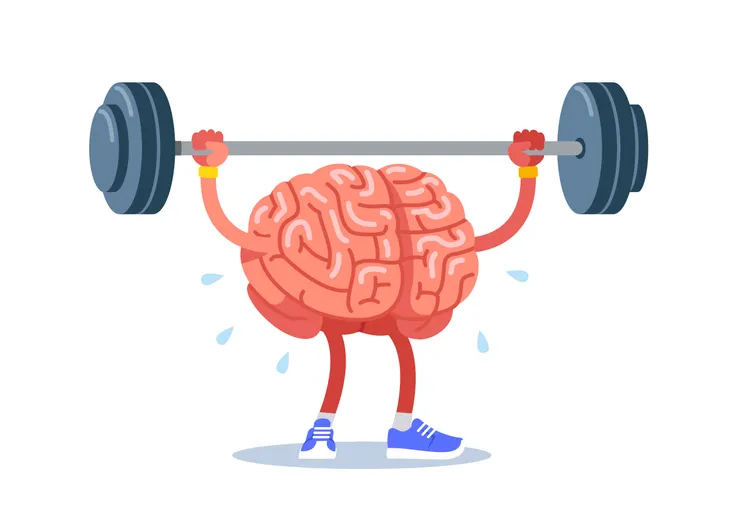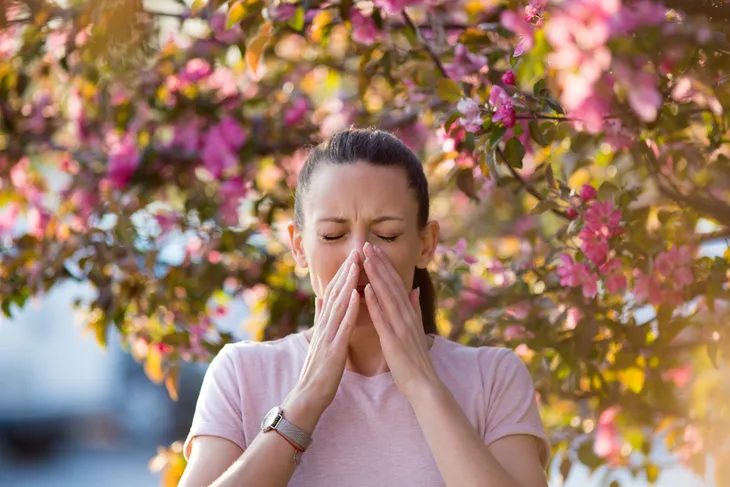Following a long, cold winter weight loss is at the top of everyone’s mind. Even the dudes at my work have even been going for walks at lunch and opting for the stairs vs. the elevator. However, while trying to fit more physical fitness into your life is hardly ever a bad thing, focusing too much on weight loss alone can actually have negative health consequences (i.e., exercise addiction, injury, workout burnout, etc.).
After all, if you’ve taken away anything from reading this site, know that the number on your scale does not sum up your overall health and wellness, not even close. On the other side of that coin, science tells us that those who make time for daily exercise for reasons aside from weight loss alone, tend to be happier, healthier, more confident, and also (ironically) tend to maintain a healthier body weight over the long term…
1. Exercise Inflates Self Worth
Many of us believe that shedding a bunch of unwanted pounds or sculpting a killer set of abs in time for bikini season is the key to higher self esteem. However, a study published by the Journal of Behavioral Medicine found that exercise actually works its magic on our insides first—and emanates outwards.
In fact research from ScienceDaily.com concludes that study participants who exercise regularly reported higher self-worth, lower body image issues, fewer negative thoughts about themselves, and greater levels of confidence, which positively impacted all areas of life (i.e., work, social, and personal life).
2. Physical Activity Naturally Soothes Pain
The American Journal of Cardiology notes that the best way to overcome chronic pain is to get moving. In fact, the medical researchers recommend moderate and gentle daily exercise (i.e., walking or swimming) for both the short- and long-term management of pain.
While you may find activity difficult if you suffer from chronic pain, physical activity is key to managing your underlying condition, and to making life more comfortable.
3. Exercise is a Natural Antidepressant
In the midst of winter hibernation, many of us suffer from a bout of the winter blues, or worse, seasonal affective disorder (or SAD). However, research from the American Medical Association’s Journal of Internal Medicine (JAMA) prescribes the natural depression blaster—exercise!
The JAMA study monitored a group of depression sufferers taking antidepressant medications vs. a group of non-prescribed participants. In the end, the study revealed that participants who did daily aerobic exercise experienced similar, and in some cases longer, symptomatic improvement as those who took medication.
4. Exercise Smarts
Researchers from the University of Delaware found that actual smarty-pants may, have elasticized waistbands. The study found the more muscle tissue built—lead to increased brain cells, and lead to greater levels of learning, cognition, and memory.
The study also noted that this increased brain volume, thanks to resistance training, protected against the development of several cognitive disease, such as Alzheimer’s.
5. Workout to Become a Creative Genius
If you’re looking to launch the next billion-dollar app or suffering from lack of plot twist, go for a run! According to a study out of Rhode Island College, aerobic exercise leads to greater creative potential.
The study notes that even a brisk walk helped study participants yield marketable improvements in creative thinking, by generating more creative ideas and better problem-solving skills.
6. Mirror, Mirror on the Gym Wall…
Have you ever noticed that nubile, rosy-cheeked glow you get after a yoga class? A study featured by PLOSone.com says it’s not your imagination; exercise actually makes you look (and feel) younger.
The study found that endurance exercise actually makes us younger, on a cellular level, compared to those the same age that don’t exercise. The study measured the physical age of endurance athletes using telomeres (which protect DNA) and found that physical activity strengthened and lengthened telomeres by roughly 10-percent.
7. Fitness Blasts Allergies
Do you dread spring due to the very thought of seasonal allergies? Well, good news from a study published in the Allergy, Asthma and Immunology Society of Thailand that finds exercise lowers allergy symptoms.
The study found that those prone to itching, watery eyes, congestion, sneezing, and running nose reduced their symptoms by up to 90-percent with a 30-minute run.










